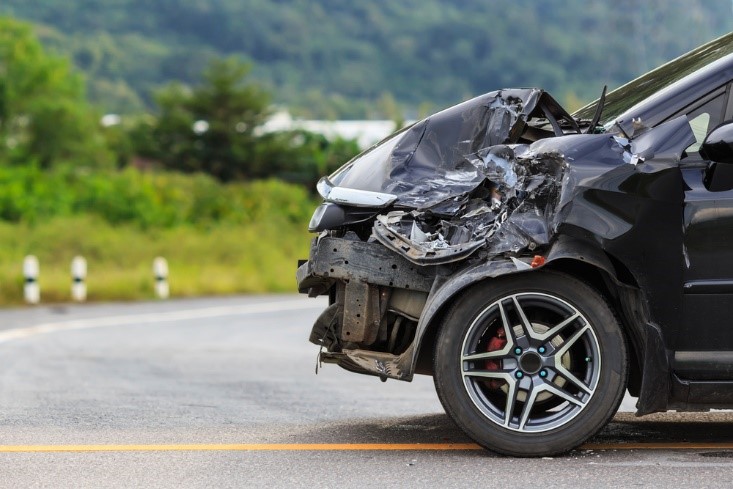In a previous post here on the blog, we detailed the typical process for dealing with hit and run cases when victims are considering their options for pursuing civil action against a hit and run driver. That post covers the basics of what drivers on our Pennsylvania roadways should know—and do—if they become injured in a drunk driving accident or another type of crash in which a responsible party leaves the scene.
But what does the term “hit and run” actually mean? And how can you protect yourself and your loved ones from being left with astronomical medical bills and property damage perpetrated by a hit and run driver? Today’s post offers a little insight into just these questions.
Hit and Run: A Straightforward Definition with Complicated Results
The definition of a hit and run car accident is really very simple—even according to the Pennsylvania Vehicle Code, which is a lengthy legal document that governs everything having to do with vehicles and driving on our Commonwealth’s roadways. A hit and run is precisely what it sounds like—when a motorist hits another vehicle, physical property, or even a pedestrian or cyclist and then flees the accident scene.
It does not matter what reason the fleeing driver believes that he or she has for leaving. When you are involved in a collision of any kind in Pennsylvania, you are required by law to remain on the scene, provide any requested information—like your insurance policy details, and render aid. The law requires that a driver involved in a crash “shall render to any person injured in the accident reasonable assistance.” This can mean anything from calling for help from your cell phone to transporting an injured person to a medical facility for treatment if required.
What happens if a driver decides to “run” from the scene instead? He or she could be facing criminal charges, including prison time, that may have otherwise been avoided—even if driving without a license or insurance.
Strict Penalties for Causing a Hit and Run Auto Accident in PA
In September 2012, Pennsylvania strengthened penalties for hit and run drivers—especially for those whose actions result in fatalities. At that time, the maximum prison sentence for a fatal hit and run was raised to 10 years from seven. No change was made to the minimum sentence of one year in prison. However, fatal hit and run as a crime was upgraded from a third-degree offense to a second-degree felony.
PA drivers need to keep in mind that the Pennsylvania Vehicle Code requires anyone involved in an auto collision to stop as near to the site of the crash as possible—or return to the scene if immediate stopping is not an option. Even if you’re sure you caused a collision or property damage with your vehicle, penalties will always be much more stringent if you flee.
Can You Guard Against Being a Hit and Run Accident Victim?
Not entirely, but you can proactively prepare yourself for drivers who are more likely to leave the scene of an accident.
Let us help you!
One of the main reasons hit and run drivers flee is because they don’t have insurance and/or they’re driving without a valid license. Your auto insurance company knows this, and they offer Uninsured and Underinsured Motorist (UM/UIM) coverage, which you can choose to purchase more of in your auto policy.
In fact, the general recommendation for auto insurance is to purchase as much coverage as you can comfortably afford—and don’t forget to choose full tort to ensure that you retain all of your rights to pursue legal action when you have been injured in a car accident.
Should You Hire a Lawyer After a Hit and Run Car Accident?
In short, yes. We realize that it can be challenging to decide when to call a personal injury lawyer after a car accident, but hit and runs with injured victims are somewhat different.
Especially if a death has occurred as the result of the hit and run and you still are not sure who or where the guilty party is, you need legal help with the situation—even if law enforcement is actively working on your behalf.
One factor in hit and run cases, which is similar to most auto accident cases, is that insurance companies will rush to settle your claim. The best personal injury lawyers provide capable assistance in dealing with insurers and involved parties after car accidents, giving you time to focus on healing or caring for your affected loved ones.
Were You or a Loved One Injured in a Car Accident in Central PA? Call Us.
If you have been injured in a hit and run on Pennsylvania roadways—or any type of car accident— May, Herr & Grosh is here to help you sort through all the details of your case and recover the compensation you may be owed.
Get in touch with our caring and experienced car accident lawyers in Lancaster, PA, for a free initial case consultation.



